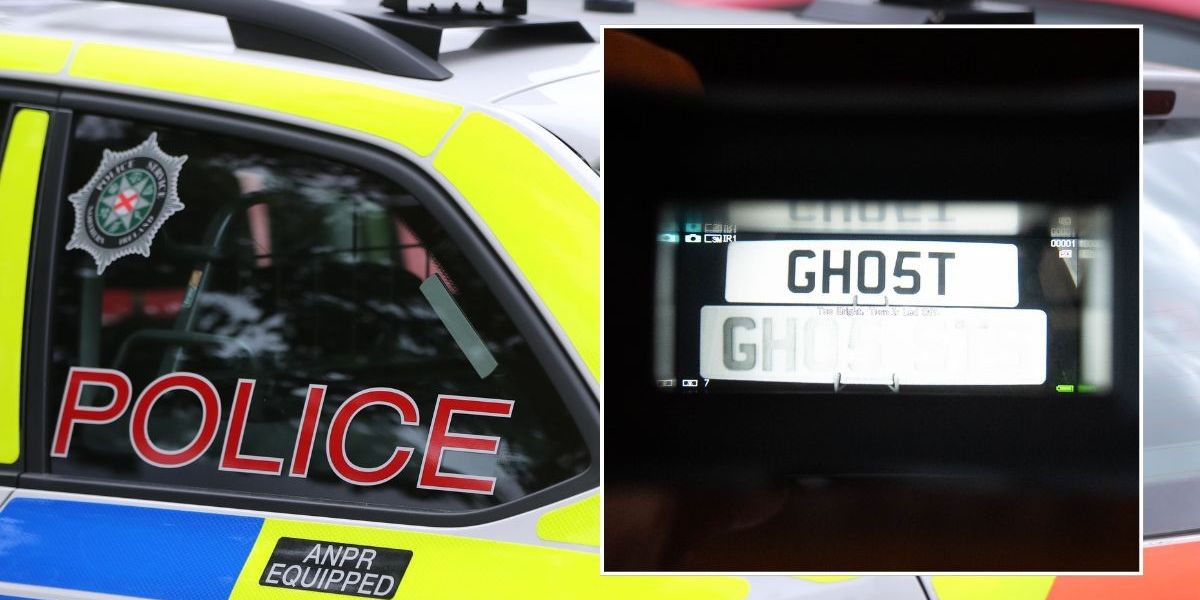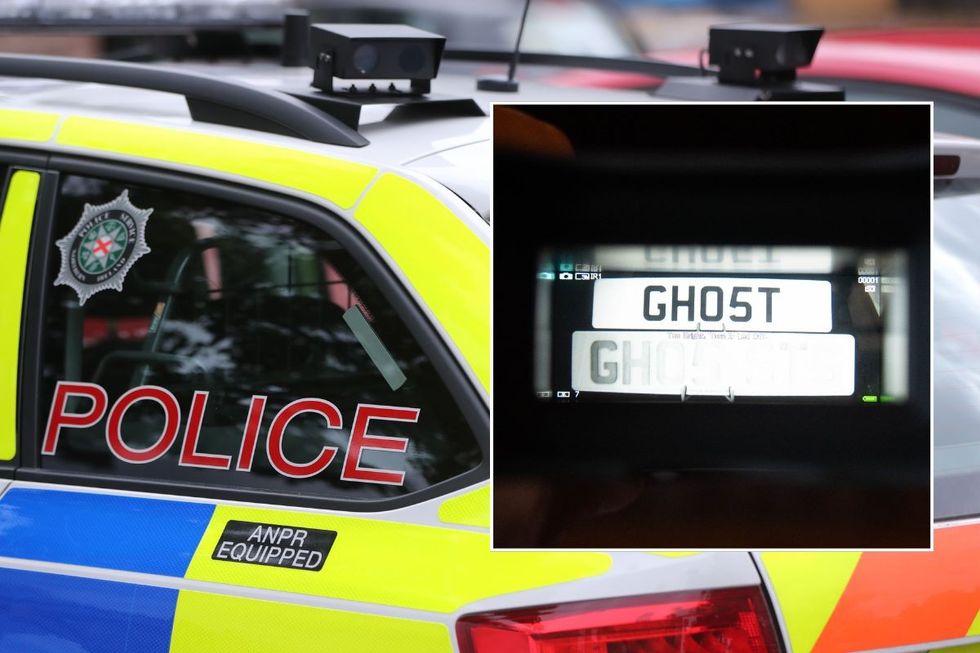



Drivers have been warned of record-high numbers of stolen number plates, which are used by people to commit crime, with Labour now urged to act.
It comes after data found that the rate of stolen number plates has soared by 68 per cent while incidents involving cloned plates rose by 41 per cent across the UK.
Research revealed the dramatic increases occurred between 2021 and 2024, with stolen plate reports reaching 5,683 cases last year.
The surge has been placing innocent motorists at risk of receiving fines and penalties for offences they did not commit.

There has been a surge in stolen number plates as well as ghost plates across the UK, sparking action
| PAMPs are now pressing for Government action, with West Bromwich Labour MP Sarah Coombes introducing a Parliamentary Bill demanding harsher penalties for those using fraudulent plates.
The sharp rise highlights growing concerns about criminal exploitation of vehicle registration systems across Britain, which has left thousands out of pocket.
The data found that stolen plate notifications climbed from 3,376 in 2021 to 5,683 in 2024, while cloned plate reports increased from 7,430 to 10,461 over the same period.
Criminals have been using fake number plates for various reasons, including evading police detection, dodging parking fines and speeding penalties, disguising stolen vehicles, and avoiding Congestion Charges and toll payments.

The Labour MP has called for harsher penalties for drivers with ghost number plates
| PANicholas Mantel, Head of Churchill Motor Insurance, warned that the sharp rise in number plate cloning and theft is a "worrying trend that causes significant stress for innocent drivers, who often face lengthy processes to prove their innocence and challenge fines issued in their name".
The insurance company recommended fitting tamper-proof screws as a deterrent and advises victims to immediately notify police, the DVLA and their insurer if plates are stolen or cloned.
Earlier this year, the West Bromwich MP brought the issue to Parliament, seeking a comprehensive review of penalties for vehicle registration offences through a Private Member's Bill.
Speaking in the Commons in February, Coombes called for fines to increase from £100 to £1,000, alongside six penalty points for drivers caught using fraudulent plates.
"A select minority of people think they are above the law, and that by using ghost plates they can get away with running red lights, drink driving, speeding and much worse," Coombes told MPs.
She highlighted how current penalties are insufficient deterrents, noting that the £100 fine for using illegal plates is less than a standard speeding ticket. The MP also proposed potential vehicle seizure or licence disqualification for offenders.
Meanwhile, so-called "ghost plates" or "stealth plates" represent a particularly concerning development in registration fraud, featuring special coatings that render them invisible to infrared speed cameras while appearing normal to the human eye.
These modified plates can be purchased online for as little as £30, with websites claiming they are legal provided they are not used on public roads.
 Sarah Coombes introduced the Vehicle Registration Offences Review Bill in February | PARLIAMENT UK
Sarah Coombes introduced the Vehicle Registration Offences Review Bill in February | PARLIAMENT UK
West Midlands Police and Crime Commissioner Simon Foster explained to Coombes that these plates make it increasingly difficult to catch dangerous drivers, particularly those participating in illegal street racing.
Current legislation imposes only a £100 fine for using ghost plates, with no penalty points or driving bans. During a London police operation, over 1,000 taxi and private hire vehicles were tested, with a shocking 40 per cent being fitted with ghost plates.
The need for action follows a recent case where a motorist was accused of causing a Liverpool crash while actually being 280 miles away in Herne Bay, forcing her to provide social media evidence to prove her innocence.
Outside of London, Kent Police reported a 37 per cent increase in plate thefts over four years, with Chief Superintendent Rob Marsh confirming that criminals use them to avoid congestion charging and fuel payment. The Home Office confirmed it would include addressing number plate crimes as part of its new Road Safety Strategy.
